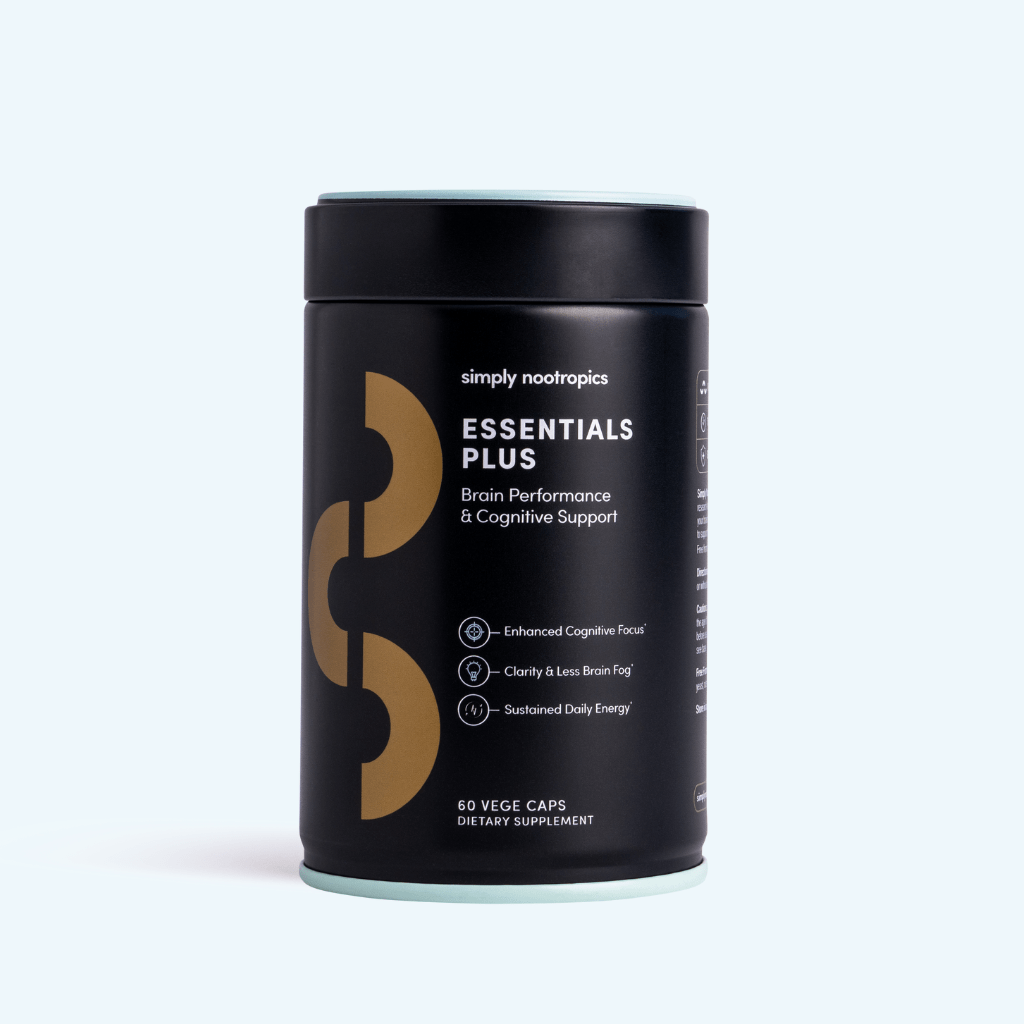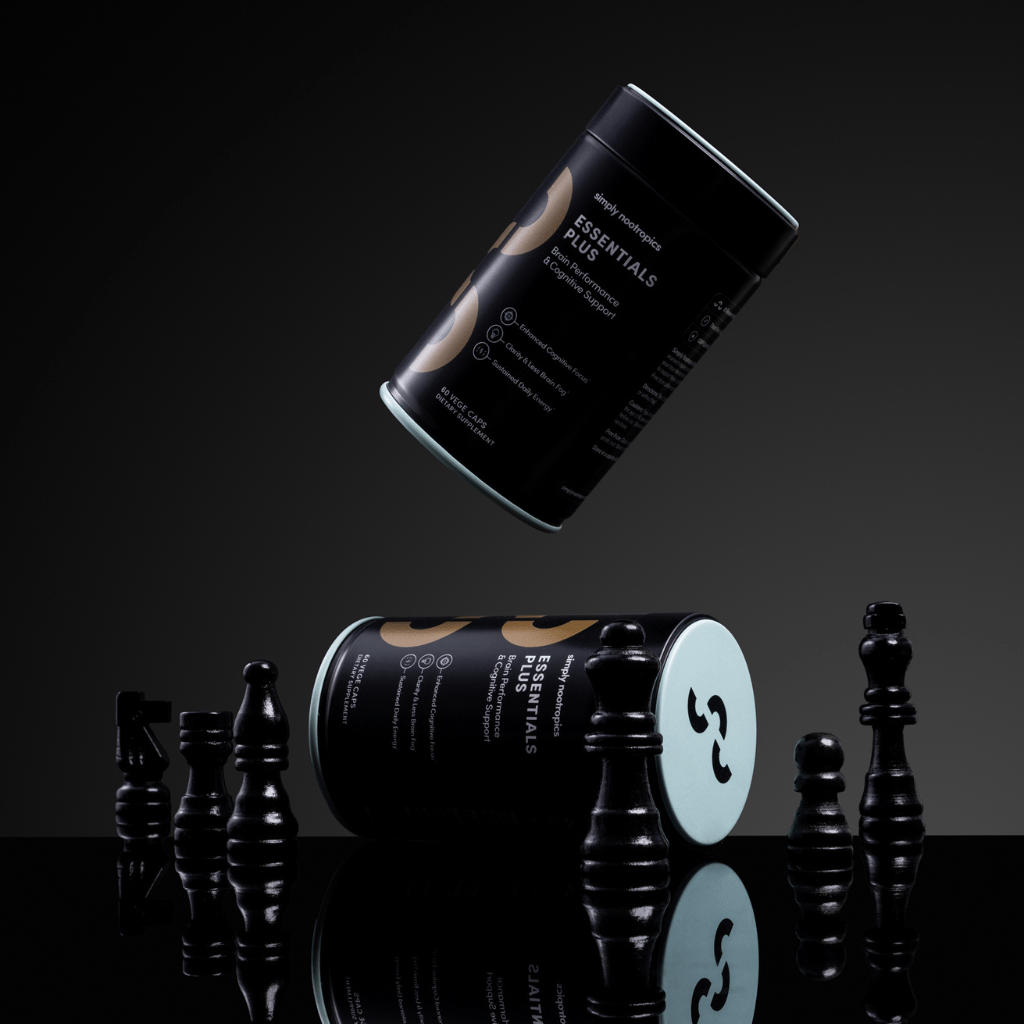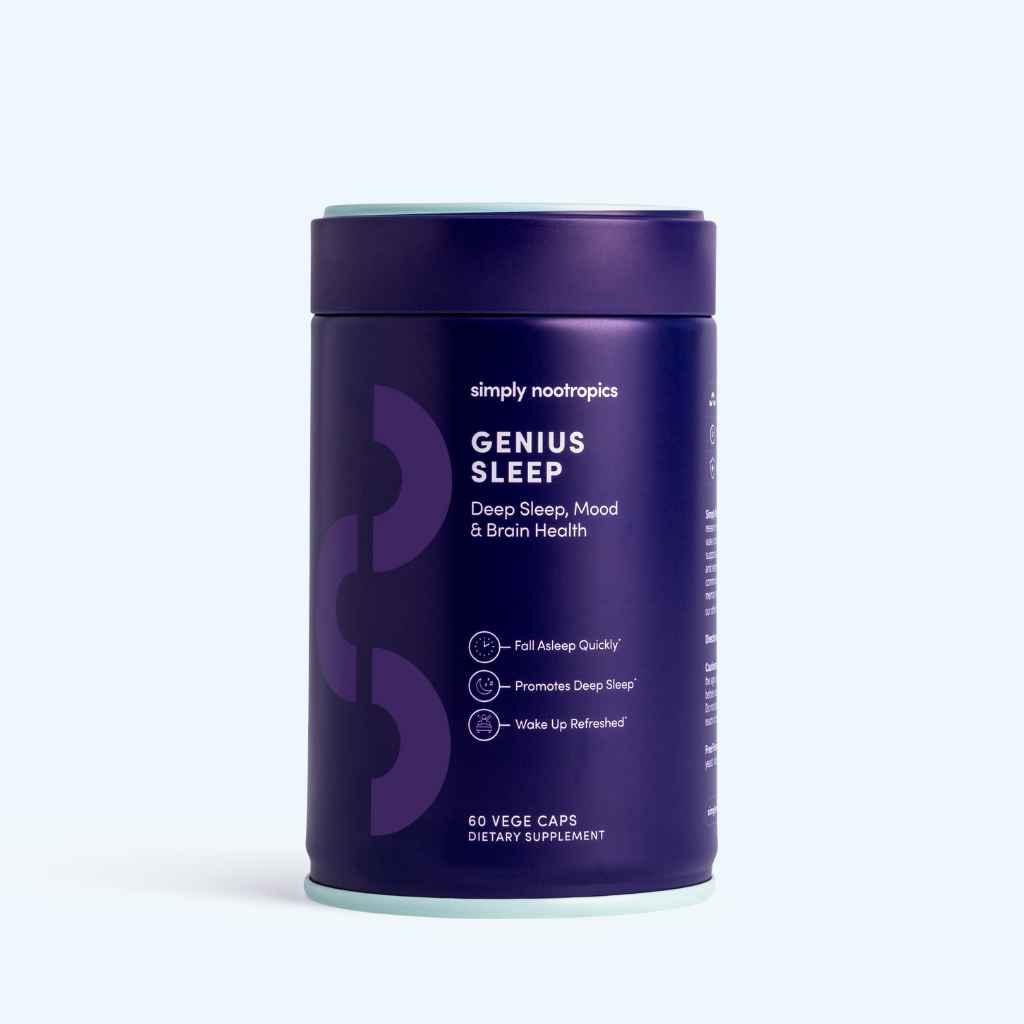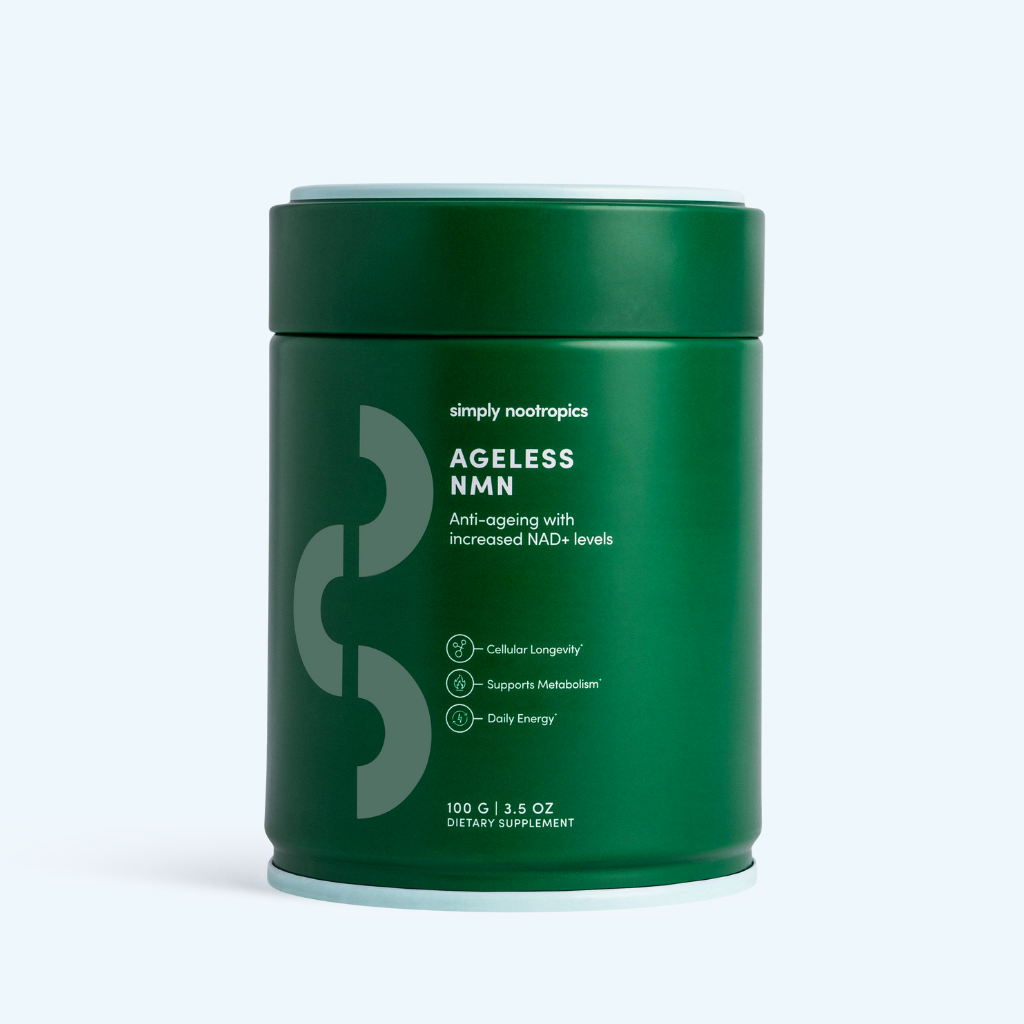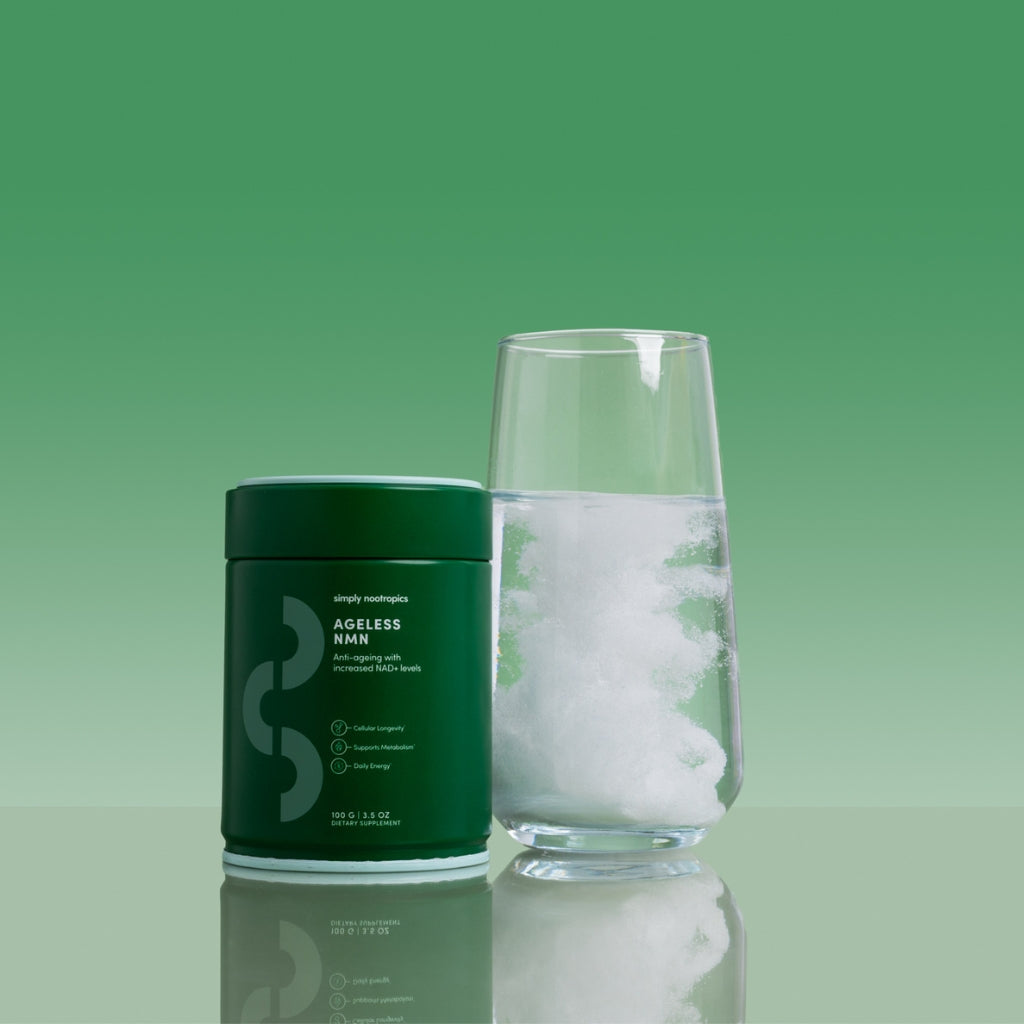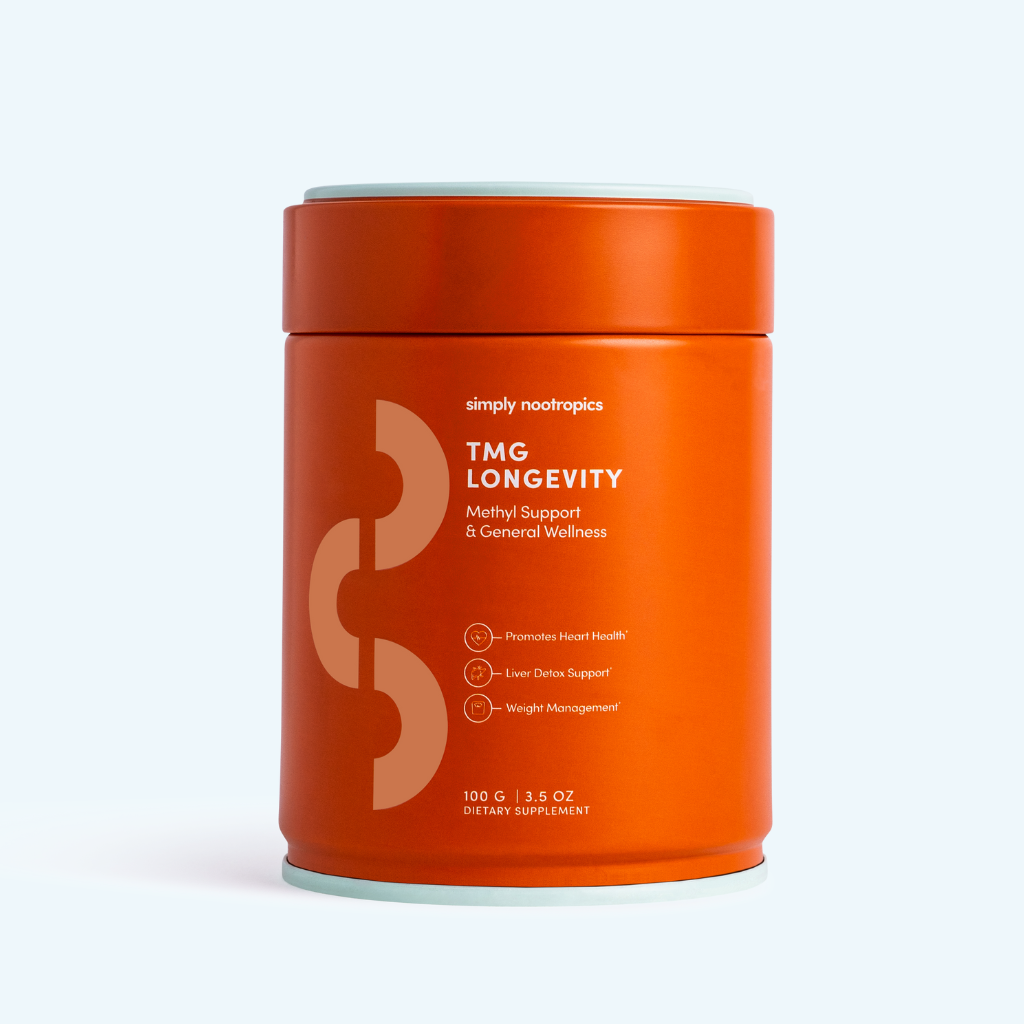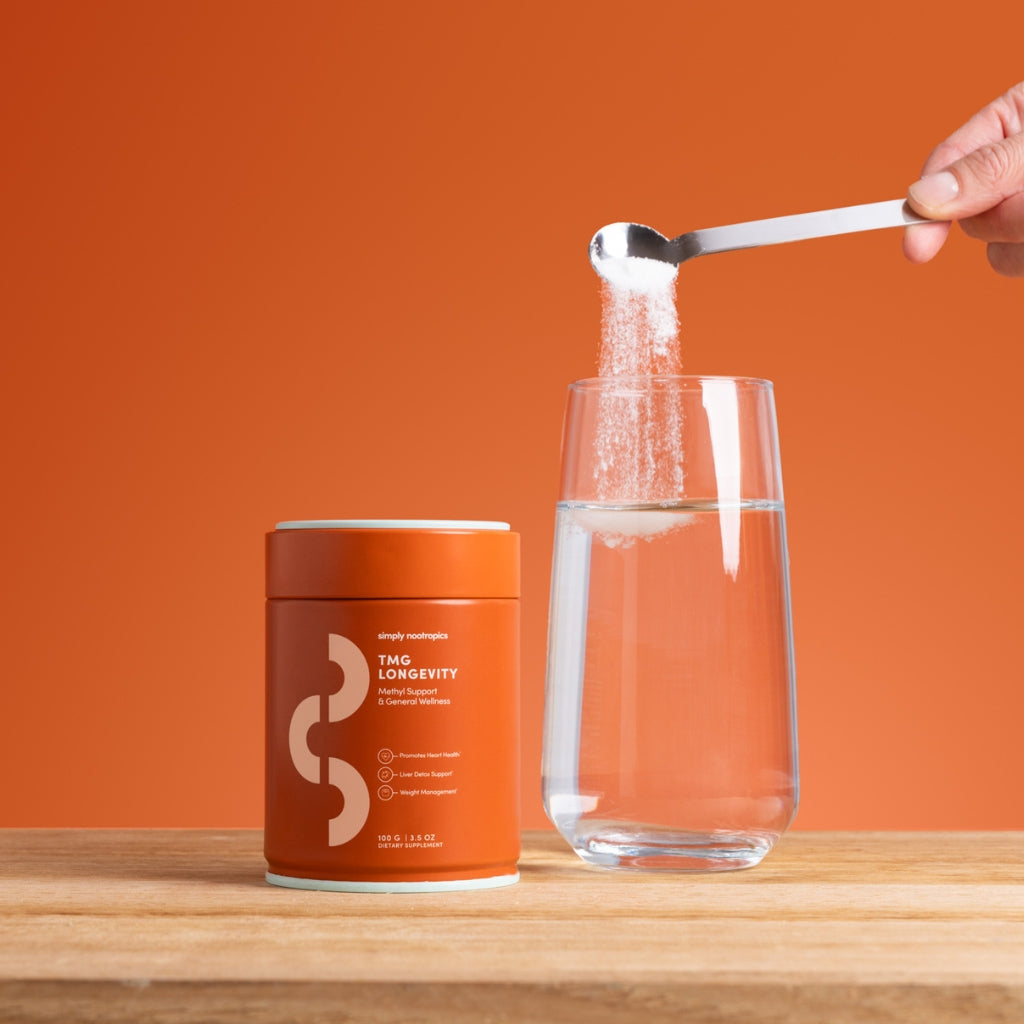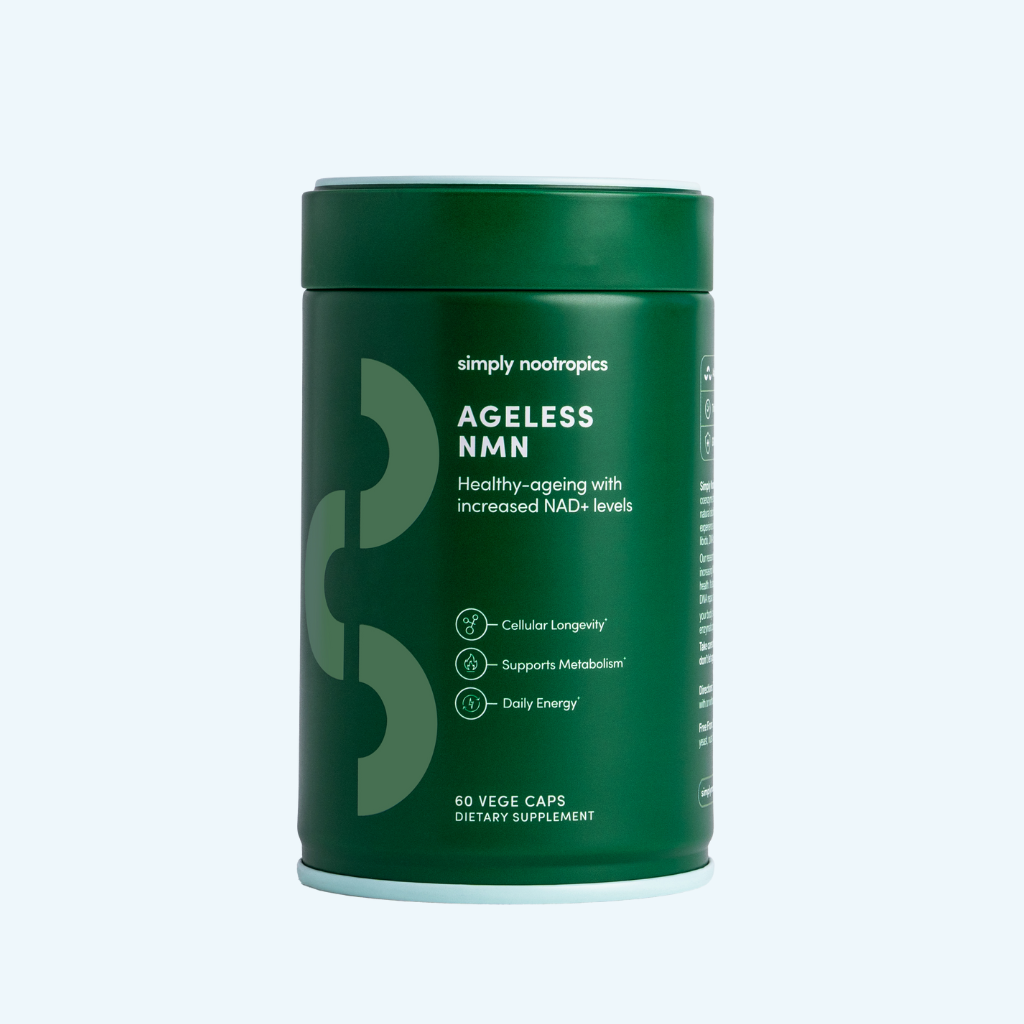Welcome back to Longevity News! This week’s lineup has some fascinating discoveries that could impact how we stay healthy and sharp, from cutting-edge DNA screening for newborns to a surprising way to boost brainpower in minutes and new insights on treating depression.
DNA Screening for Newborns
What if we could detect a baby’s potential health risks right from day one? That’s the goal of the GUARDIAN study, a major project using DNA analysis to catch treatable conditions that might otherwise go unnoticed. Traditional newborn screening detects about 60 conditions, but DNA analysis can catch hundreds, giving parents and doctors an early advantage. The early results are promising, with DNA screening flagging health risks in about 3 percent of babies tested. In one case, this screening led to a lifesaving bone marrow transplant for a baby with a rare disorder.
The idea of using DNA screening as part of standard newborn care could give parents peace of mind and help kids start life healthier. With more research, this method might one day redefine newborn health by letting families know about risks from the very start.
Just One Workout for Your Brain
We all know exercise is good for us, but did you know even a single workout can improve your brainpower? Research from UC Santa Barbara reveals that short bursts of high-intensity exercise, like a quick 30-minute session, can have a noticeable impact on memory and focus. The team found that short workouts had a bigger effect on brain function than longer ones, with cognitive benefits peaking right after exercise.
Why does a brief workout work so well? Experts think it releases chemicals and hormones that sharpen focus and boost memory. For those times when you need a mental reset, a quick high-intensity workout might be all it takes. Researchers are even exploring if pairing exercise with brain tasks could give an added boost to mental function.
Inflammation and Depression
When we think of depression, we usually consider it a mental health issue, but research is showing that physical factors matter too. A recent study by researchers in the UK and Italy found that about one in three people with depression have high inflammation levels. This could explain why some people don’t respond well to antidepressants. Inflammation is usually the body’s way of dealing with infection or stress, but in chronic conditions like depression, this immune response can worsen symptoms, affecting mood and energy.
For people dealing with both depression and inflammation, targeting inflammation directly may be the key to finding better treatment options. By studying gene activity in patients, researchers found that inflammation triggers specific genes related to the immune system and metabolism. With more research, doctors might be able to tailor depression treatments based on inflammation levels, creating more personalised care that addresses both mental and physical aspects of the condition.
Understanding Anti-NMDAR Encephalitis
Imagine dealing with hallucinations, memory loss, and severe confusion, only to be told it’s a mental illness. For some, these symptoms come from an immune disorder called anti-NMDAR encephalitis, where the immune system mistakenly attacks brain cells. This condition often resembles schizophrenia, leading to misdiagnosis. It first gained public attention with Susannah Cahalan’s memoir, Brain on Fire, where she describes her journey from misdiagnosis to recovery.
Research now shows that specific antibodies in people with anti-NMDAR encephalitis bind to brain receptors, disrupting communication between cells and causing serious neurological symptoms. By understanding how these antibodies act, doctors hope to improve testing and treatment for the condition, reducing the risk of misdiagnosis and helping patients get the right care faster.
Longevity Tip of the Week: Try Lion’s Mane Mushroom
This week’s tip is all about natural brain support, and Lion’s Mane Mushroom is one of the best. Known for its unique appearance and potential cognitive benefits, Lion’s Mane contains compounds that support memory, focus, and mental clarity by encouraging nerve cell growth. It’s a powerhouse ingredient in our Essentials blend, which combines Lion’s Mane with other key ingredients to provide a balanced approach to brain support. Simply Nootropics Essentials is vegan, non-GMO, and fits easily into your daily routine, helping you stay sharp naturally.
That’s a wrap for this week’s Longevity News! Stay tuned for more health insights next week, and remember, small steps can add up to big health benefits over time.

